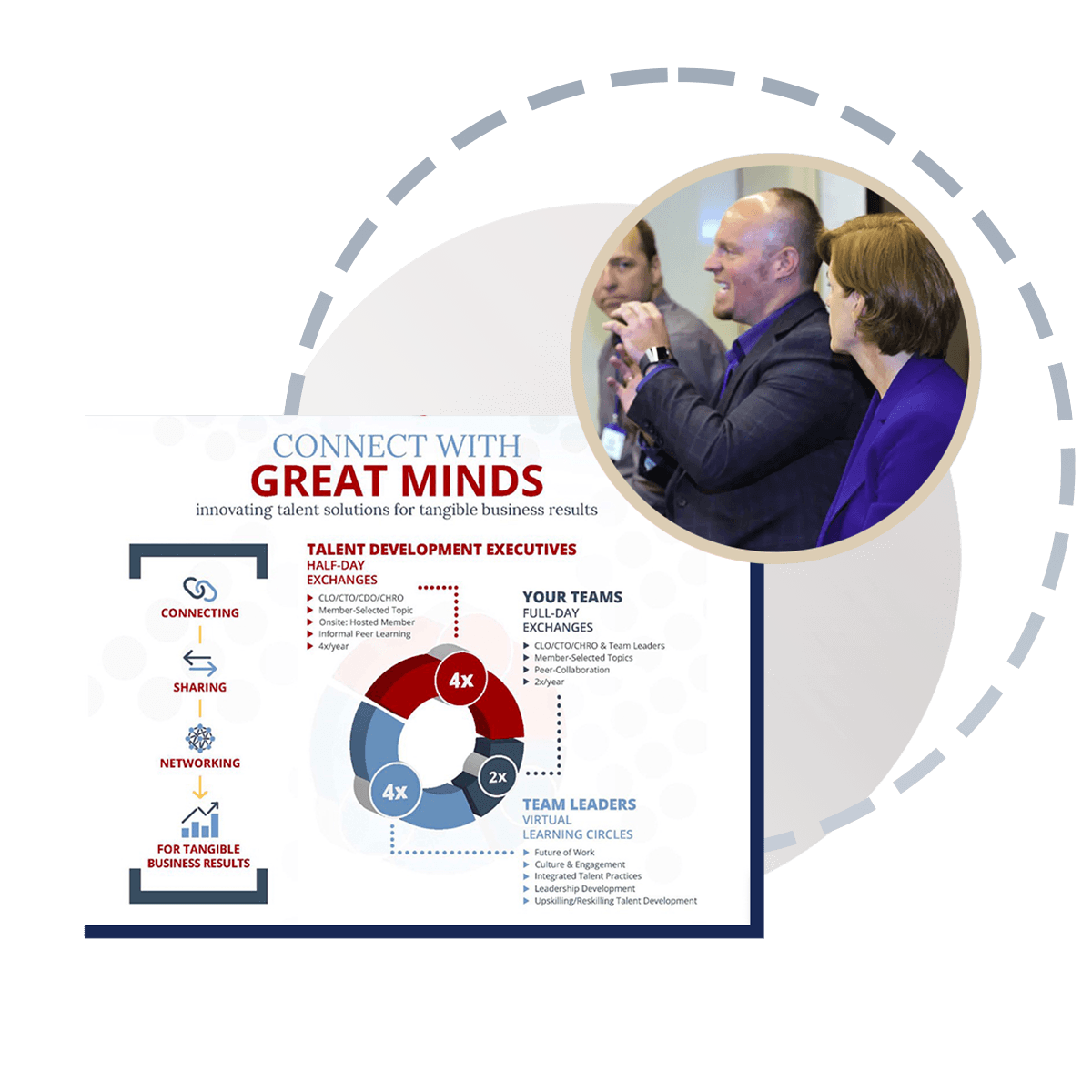Since 1940, Hewitt Associates (NYSE: HEW) has provided leading organizations from around the world with expert human resources services to help them anticipate and solve their most complex benefits, talent, and related financial challenges. Hewitt consults with companies to develop and implement HR business strategies covering retirement, health management, compensation, and talent management. Through our outsourcing solutions, Hewitt delivers health care, retirement, and HR programs to millions of employees, their families, and retirees. Located in more than 30 countries, Hewitt employs approximately 23,000 associates.
To continue to accelerate the growth of the business, Hewitt needed to build more substantial general management capability in their emerging leaders around the world. Doing so in a traditional way meant significant travel expenses and time away from business operations—something Hewitt leaders wouldn’t entertain. This led to an innovative approach to leadership development and a close partnership with Harvard Business School to execute on the program virtually.
Hewitt’s requirements for this new leadership development program for emerging leaders included:
- Focus on critical skills that will help leaders accelerate business growth;
- Offer a global solution that could reach leaders in any country around the world;
- Deliver a consistent, high-quality program that will engage the best thinking of these leaders on real business issues;
- Incorporate practical business application and bring the learning close to work; and,
- Generate material business results through the execution of the program.
In partnership with Harvard Business Publishing, Hewitt delivered a program rooted in Hewitt’s business challenges, designed to build more robust general management. The program incorporated leadership development best practices: Assessment, Coaching, Exposure, Networking, and Action Learning.
The program was organized by Hewitt’s Expectations for senior managers and sequenced according to priority areas identified in the executive talent review—a business routine Hewitt put in place to assess the capabilities of their leaders against the strategic areas of focus for the business. To reach the global audience, the program was delivered entirely virtually and offered over several months. A carefully designed mix of elements (case studies, interactive discussions, videos, webinars, and articles) created a rich learning experience.
The notion of a diversified leadership solution that that is not dependent upon face-to-face events will gain more momentum. What is sure to change is a renewal of interest in virtual learning, social networking, and coordinated leadership development interventions like mentoring, coaching, and the use of developmental assignments and rotations. Previously positioned as alternative learning methods, they will be seen as the most efficient and effective way to teach global audiences. This being so, new and emerging technologies will continue to disrupt the learning and leadership development space and form a set of “next practices” we will need to embrace.
